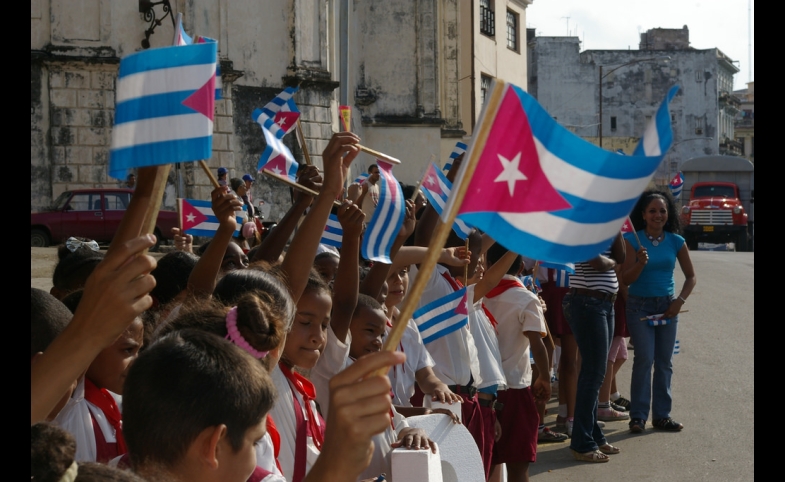During the memorial service for former South African president Nelson Mandela, as tens of thousands gathered in the FNB stadium in Johannesburg and millions more watched on television, an entirely different story emerged:...
KEEP READING
Was There Another Way With Cuba?
Senior editor and global affairs correspondent at The Atlantic, Uri Friedman, has recently penned a piece weighing whether Cuba should have been isolated in the first place. Interviewing Geoffrey Wiseman, author of Isolate or Engage, the consensus is that “isolation of adversarial states, more often than not, does not work.” Furthermore, Friedman details the alternative approach that almost was; Philip Bonsal, the last U.S. ambassador in Havana, helped draft a White House policy paper in the wake of Castro’s revolution. His 1960 proposal ruled out American intervention in Cuba and outlined a way to preserve bilateral ties despite the revolution’s anti-American slant. Unfortunately, this proposed policy was buried under the arrival of a Soviet emissary in Cuba, election-year politics in the United States, and later the disastrous Bay of Pigs invasion, the U.S. embargo, and the Cuban Missile Crisis. Nonetheless, Friedman notes, there was another way with Cuba, and the lessons from one of America’s longest-standing foreign policies ought to be considerations on whether isolating enemy states is the right approach.
The full article is available here.
Photo by Thomassin Mickael I CC 2.0
Visit CPD's Online Library
Explore CPD's vast online database featuring the latest books, articles, speeches and information on international organizations dedicated to public diplomacy.
Popular Blogs
-
January 29
-
January 20
-
December 17
-
January 28
-
December 15










